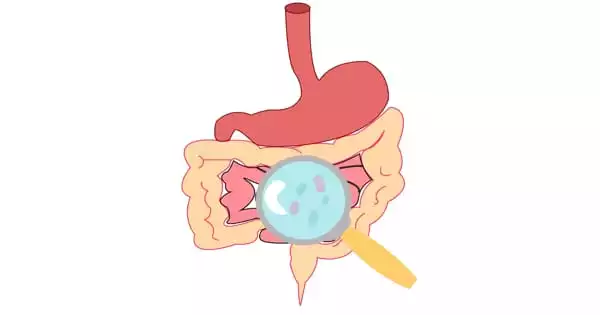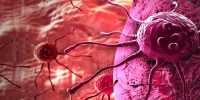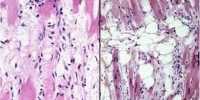The researchers studied the formation of colonic hydrogen sulfide, a poisonous gas in the body that smells like rotten eggs, in persons in response to animal- and plant-based diet changes. Trillions of bacteria occupy the human gut, forming a dynamic ecology involved in health and disease. The gut microbiota composition is unique to each individual and tends to remain generally stable throughout life, while daily transitory changes are found.
Diet is a primary modifiable element determining the composition of the gut microbiota, implying the possibility for therapeutic dietary methods to modify microbial diversity, composition, and stability. While food can cause a shift in the gut microbiota, these changes appear to be transient. It is unknown if extended dietary changes can cause lasting changes in the gut microbiota, owing to a dearth of long-term human nutritional interventions or long-term follow-ups of short-term dietary treatments. It is plausible that regular diets have a stronger impact on gut flora than acute dietary interventions.
Researchers from the University of Minnesota Medical School examined colonic hydrogen sulfide generation in humans in response to animal- and plant-based diet treatments in Clinical Nutrition.
The study was consistent with the widespread idea that regular intake of fiber-containing foods is helpful to gut health. Future investigations of the gut flora may aid in the personalization of nutrition therapy.
Dr. Levi Teigen
Dietary variables and the related lifestyle play a significant impact in the pathophysiology of many diseases. Several diets, particularly a Western lifestyle with a high consumption of meat and carbs and a low consumption of vegetables, have been related to prevalent diseases such as metabolic syndrome, atherosclerosis, inflammatory bowel disease, and colon cancer.
“Although the role of hydrogen sulfide in the pathogenesis of multiple important diseases, such as ulcerative colitis, colon cancer, and obesity, previous studies have not been able to link dietary data, microbiome characterization, and actual hydrogen sulfide production,” said Alexander Khoruts, MD, a gastroenterologist at the University of Michigan Medical School and M Health Fairview. “This is what we did here.”
The investigation from a human cohort confirms the general concept that the amount of hydrogen sulfide produced by the gut bacteria increases with an animal-based diet. The findings, however, suggested the presence of gut microbiota enterotypes that respond differently, and even ironically, to diverse dietary input.

The gut microbiota is a complex ecology located primarily in the colon. Changes in the composition or function of the gut microbiota have been demonstrated to contribute to both health and disease, including immunological, metabolic, and neuro-behavioral features. The composition of the gut microbiota varies greatly between individuals, while some essential bacterial species are often present in the majority. Diet is expected to account for more than half of these microbial structural changes in mice and 20% in humans, indicating the potential for dietary strategies in disease treatment via gut microbiota manipulation. Short-term, drastic dietary treatments have shown the ability to rapidly modify microbial diversity in people.
The study found that:
- In the majority of participants, a plant-based diet resulted in a lower hydrogen sulfide production compared to an animal-based (i.e., western) diet.
- As expected, a plant-based diet contained more fiber, while an animal-based diet contained more protein.
- In some individuals, plant-based diets did not lower hydrogen sulfide production and even led to some increases in it.
- Preliminary results suggested the existence of different compositions of gut microbiota (enterotypes) that correlate with differential responsiveness to diet in terms of hydrogen sulfide production.
“The study was consistent with the widespread idea that regular intake of fiber-containing foods is helpful to gut health,” said Dr. Levi Teigen, a nutrition researcher at the University of Minnesota Medical School’s Division of Gastroenterology. “Future investigations of the gut flora may aid in the personalization of nutrition therapy.”
Healthy Foods Healthy Lives, Achieving Cures Together, the Allen Foundation, and the University of Minnesota MnDRIVE Initiative all contributed to the study’s funding. The research team hopes that future work may lead to more tailored dietary recommendations based on microbiome-based diagnosis.













